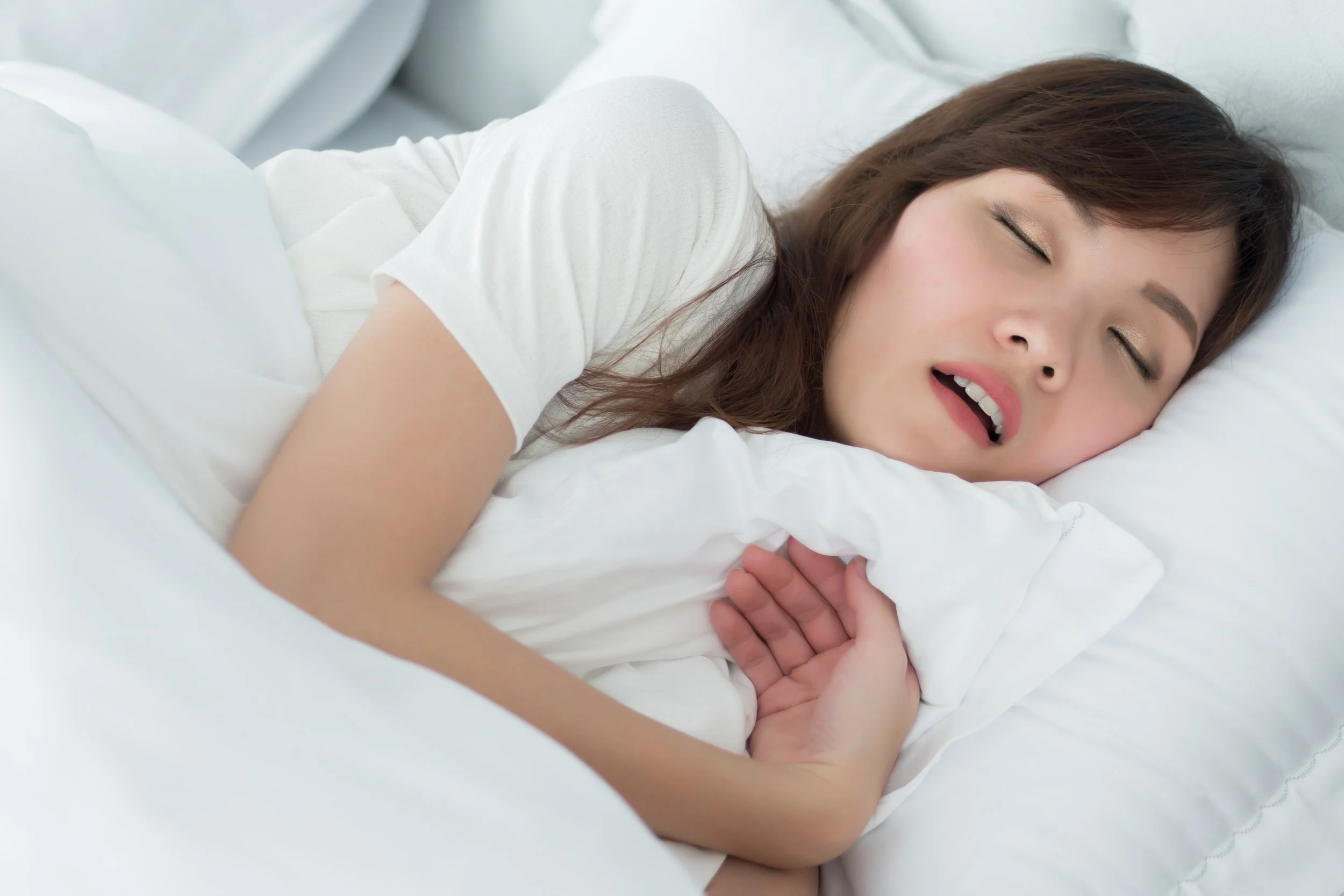Obstructive Sleep Apnea: 6 Causes to Watch Out for
You may have the greatest sleep routine in the world, but you may still struggle to have a good night's sleep. Sleep apnea is a very common disorder that affects an individual's ability to breathe during their sleep. Approximately 1 billion adults around the world experience some form of sleep apnea, including obstructive sleep apnea. This is where there is an obstruction to the airway during sleep, which narrows or collapses the airway. What are the common causes of obstructive sleep apnea and what can we do about them?
Narrowed Airways
A number of things can cause this, such as the adenoids or tonsils, but there can also be related conditions arising from the soft tissues in the back of the mouth collapsing, such as the temporomandibular joint (TMJ). TMJ treatment can certainly help with this, and if you experience facial soreness or have difficulty opening and closing your jaw after sleep, this might be the result of a temporomandibular joint disorder.
Age
Sleep apnea is more common among older adults. As 10% of men between the age of 30 and 49 will have sleep apnea (as well as 3% of women of the same age), this increases to 17% of men and 9% of women between the ages of 50 and 70. As you can see, men are more likely to have sleep apnea, but this does not mean women are exempt from it. The risk of women experiencing sleep apnea can increase if they are overweight or are postmenopausal.
Excess Weight
Obesity can increase the risk of sleep apnea. This is because the fat deposits around the upper airway can obstruct their breathing.
Smoking and Alcohol
Smoking is linked with sleep apnea because it increases the amount of inflammation in the upper airways. Many people who smoke and consume alcohol can find themselves at risk of obstructive sleep apnea because the alcohol will relax the muscles. Additionally, those who use other relaxants, such as sedatives and tranquilizers, can exacerbate their obstructive sleep apnea.
Medical Conditions
There are a number of different medical conditions that might increase the risk of sleep apnea. For example, lung diseases like asthma can increase the risk because of the inflammation that is naturally present in the upper airway. They're also the conditions that can pose a risk that may seem unrelated but are linked, for example, high blood pressure and type 2 diabetes. However, type 2 diabetes may be linked due to excess weight.
Family History of Sleep Apnea
You could find that if you have family members with sleep apnea, you are at increased risk partly because of inherited physical features such as a narrow throat. A narrow airway will increase your likelihood of experiencing obstructive sleep apnea.
If you are experiencing obstructive sleep apnea, some of the solutions are straightforward, especially when it comes to alcohol, smoking, and being overweight. You should live a healthier life by exercising regularly, but you can also benefit from not sleeping on your back and regularly taking allergy medications. It is something that is incredibly common, but there is a combination of tools available to solve it in most cases.




